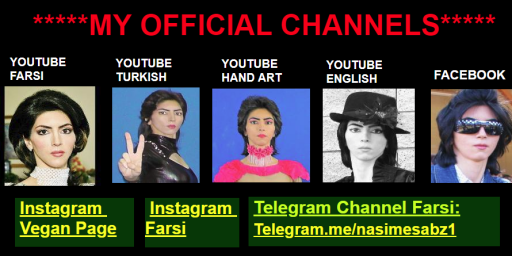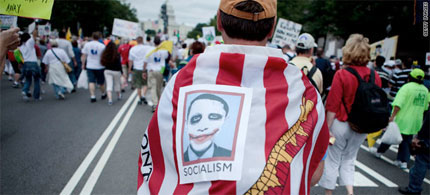Continuing Significance of Email Among Black Voters
Spencer Overton observes that e-mail, not blogs or YouTube, continues to be the most important online mechanism for reaching black voters. In particular, he cites widely-circulated emails criticizing black leaders for taking shots at Barack Obama and falsely claiming that black people were in danger of losing their right to vote.
One possibility might be an echo effect of the digital divide. If historical racial disparities in Internet access occurred and significant disparities in broadband persist, African Americans may have hit a critical mass with email but not with blogs. Networks are most valuable when there are more participants (your phone is more valuable if everyone has a phone than if just 10 other people have a phone). If I want to hang out with my friends I need to go where my friends are, even if I know how to go to other places. This is not about “individual incompetence,” but about the intersection of socialization and technology.
There is a great deal of talk among the technologically elite about the flattening of politics (e.g., blogs set up for comments can allow for less hierarchy and more back and forth). While I am a believer in the liberating power of technology, I also recognize that email may be much flatter in the African American community right now. I open email from people who care about me—it is not the mass marketing junk mail from corporations and politicians who look at me as a number. When I receive the same email three or four times from different sources, I realize that it has taken on a life of its own and has a viral, Blackroots quality (I posted Bacardi’s open letter criticizing Barack’s critics after receiving it from different sources). Indeed, such a message is not controlled by a single gatekeeper–whether it be a newspaper editor or by a pseudo-populist blog contributor. Instead, the email message is carried by a chain of sometimes five or ten people who have voluntarily and unanimously decided to forward the email (had any one of them “vetoed it” and not forwarded it, I would not have received the message). Thus, I am generally assured that it is a true community message rather than one pushed by a personal agenda or the desire for greater ad revenues.
It’s an interesting phenomenon, although I wonder how unique this is to blacks. Is it just an artifact of the overlap between race and poverty or is there something cultural at work? Are young, upper middle class blacks reading blogs or watching YouTube at remarkably lower rates than their other-race cohorts? Conversely, aren’t most over-50 whites getting most of their online information on politics from email, too?






The reason is due to simple economics. Almost all computer users read & send email. Those of us who use read blogs or YouTube have DSL or faster ISPs. Dial up is too time consuming to use for anything except email &/or RSS feeds. People use dial up because it is much cheaper – for many, the only way they can afford access to the internet. Many more blacks than whites fall into this category. This situation is not going to change significantly in the near future.
Emails between friends will always reach more potential voters as long as dial up is available. If I see something I want to pass on, I send links to those articles. And the good news is PAC spam will usually be filtered out one way or another, so we aren’t bothered by self serving propaganda.
Any more questions?